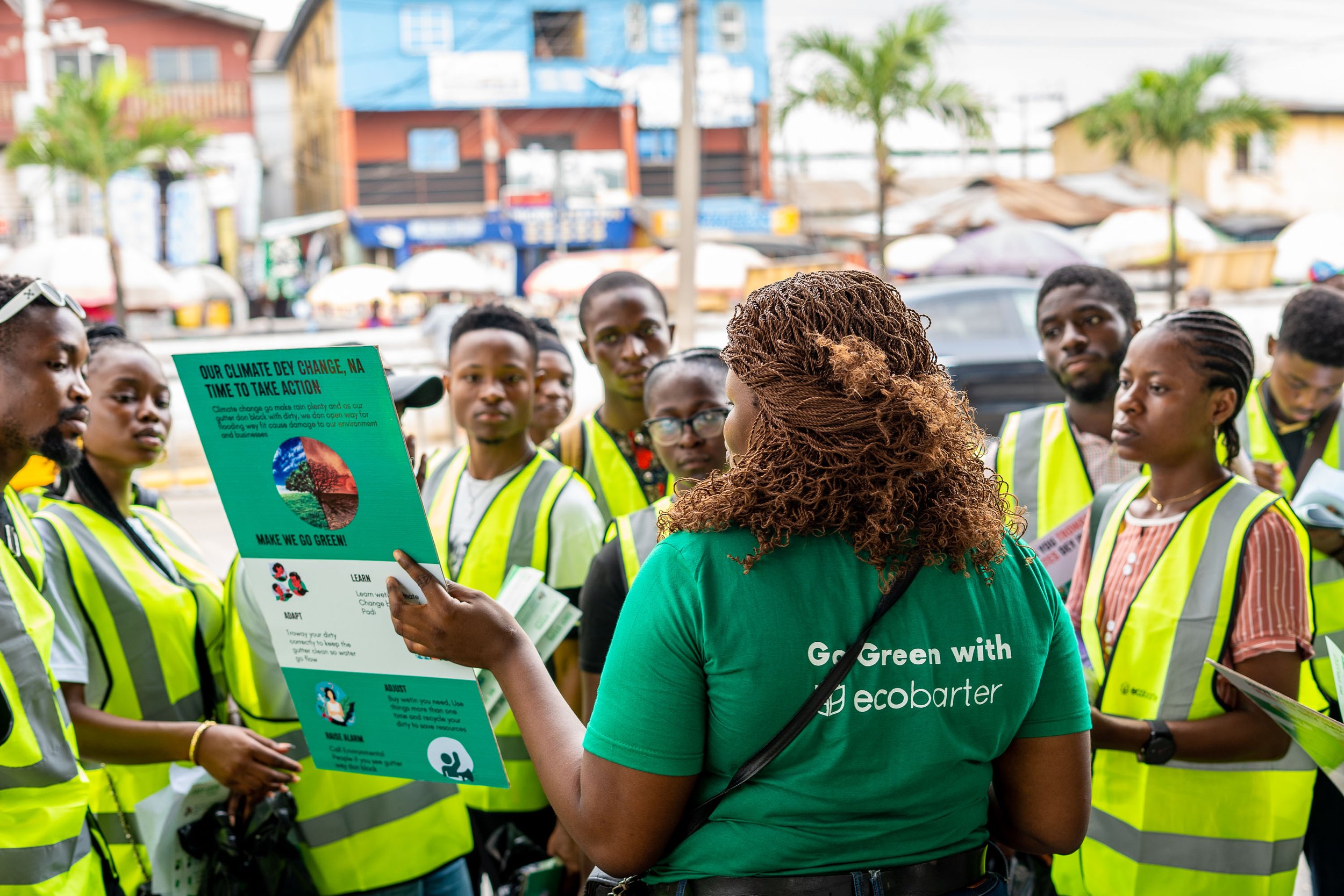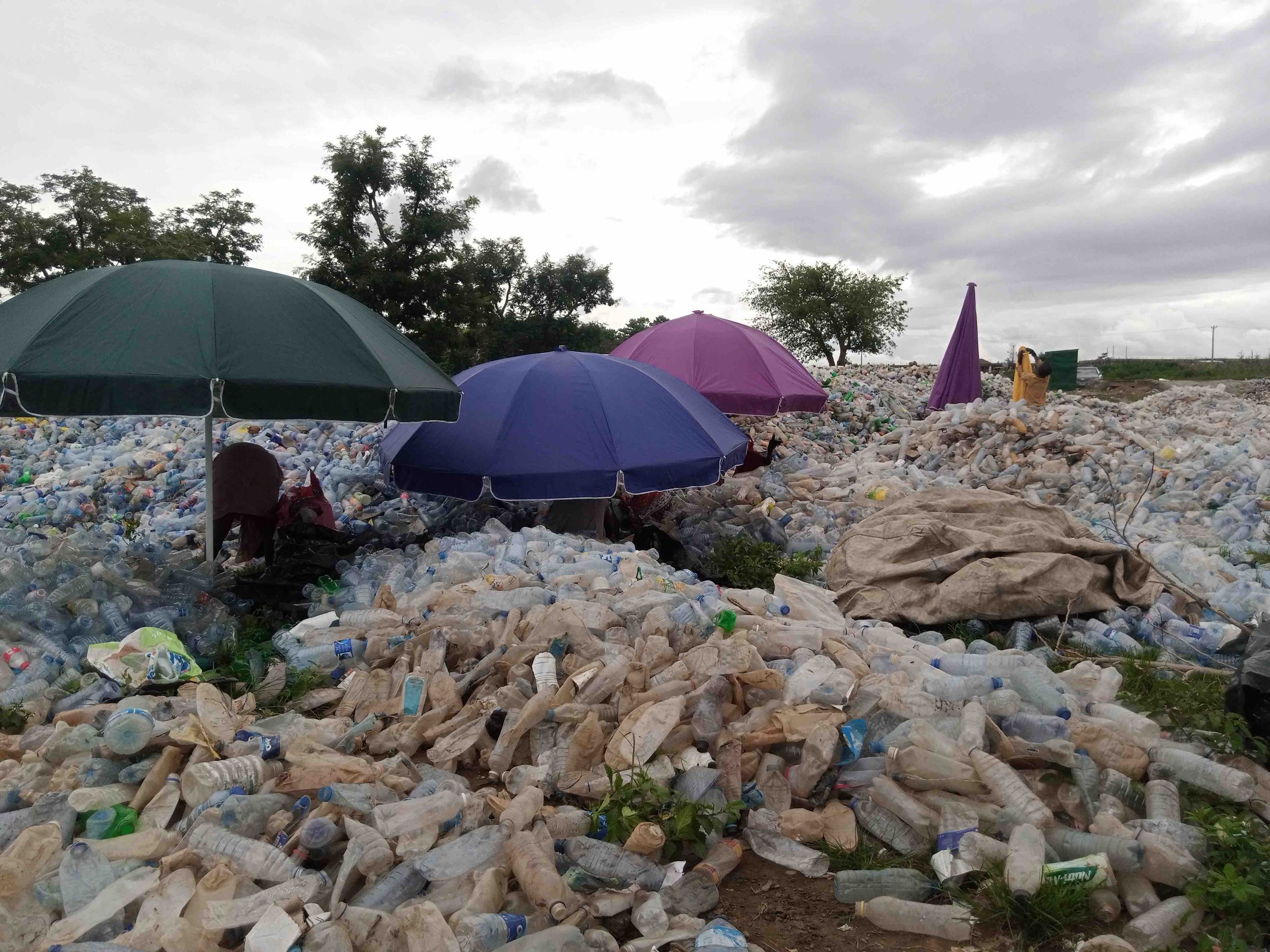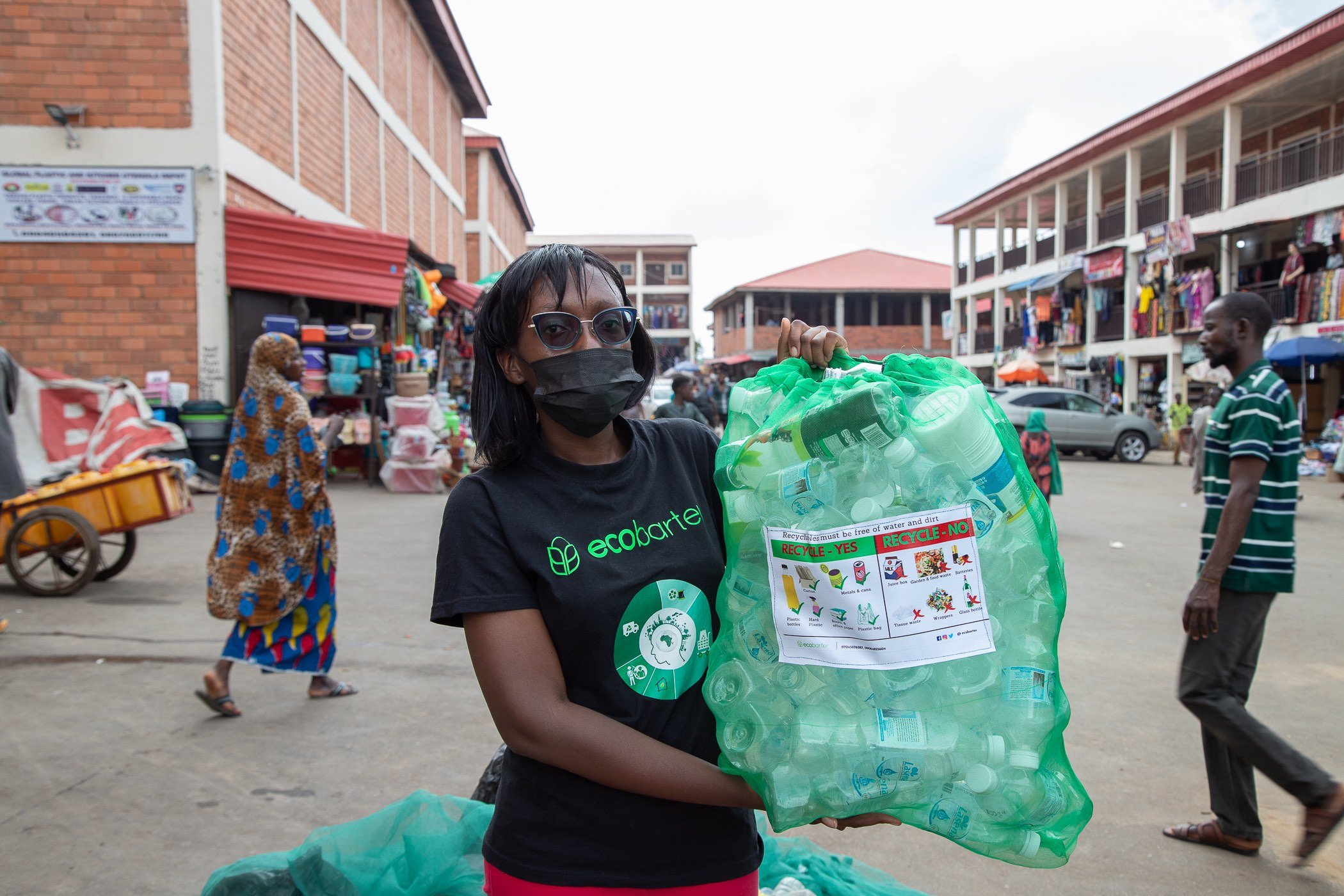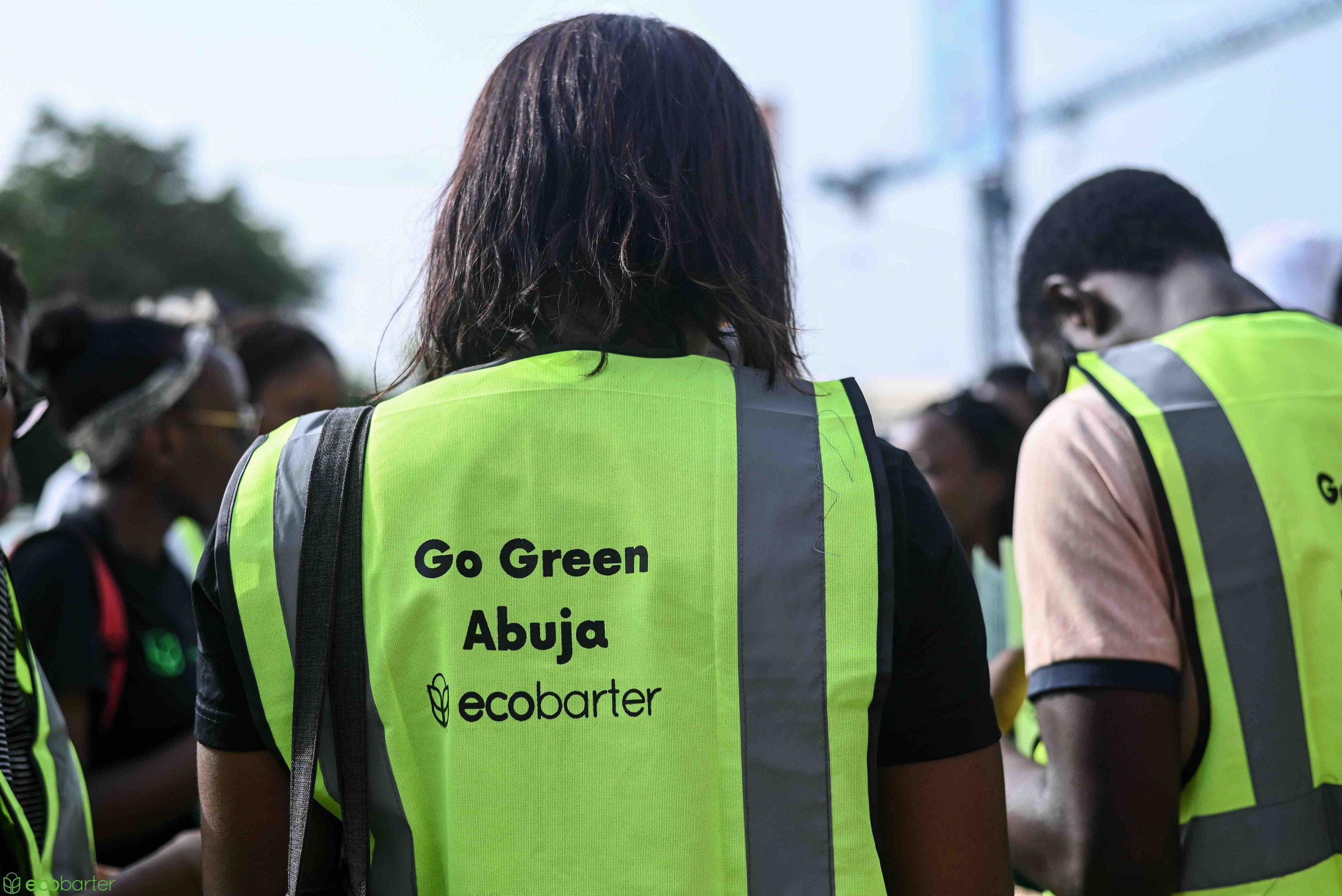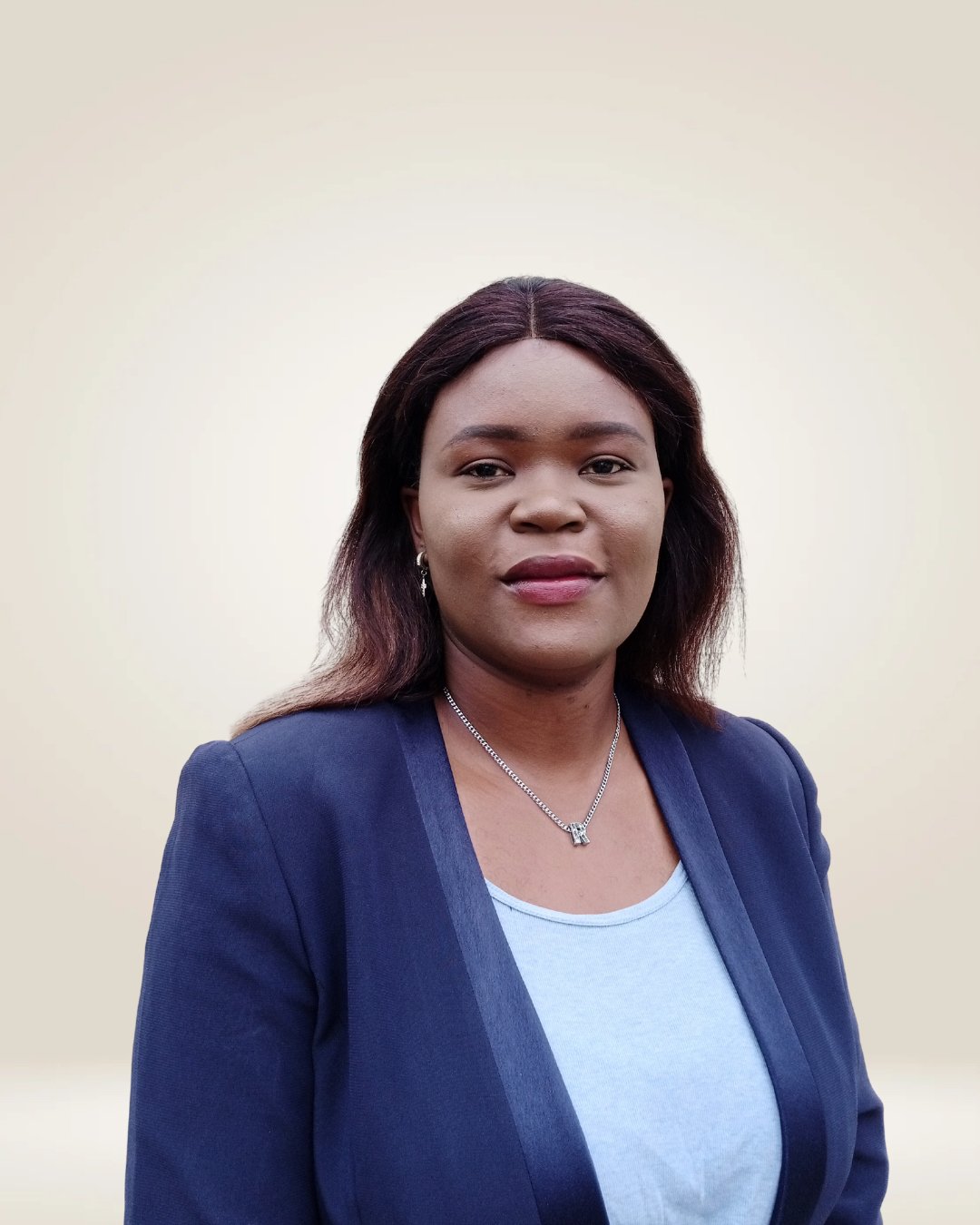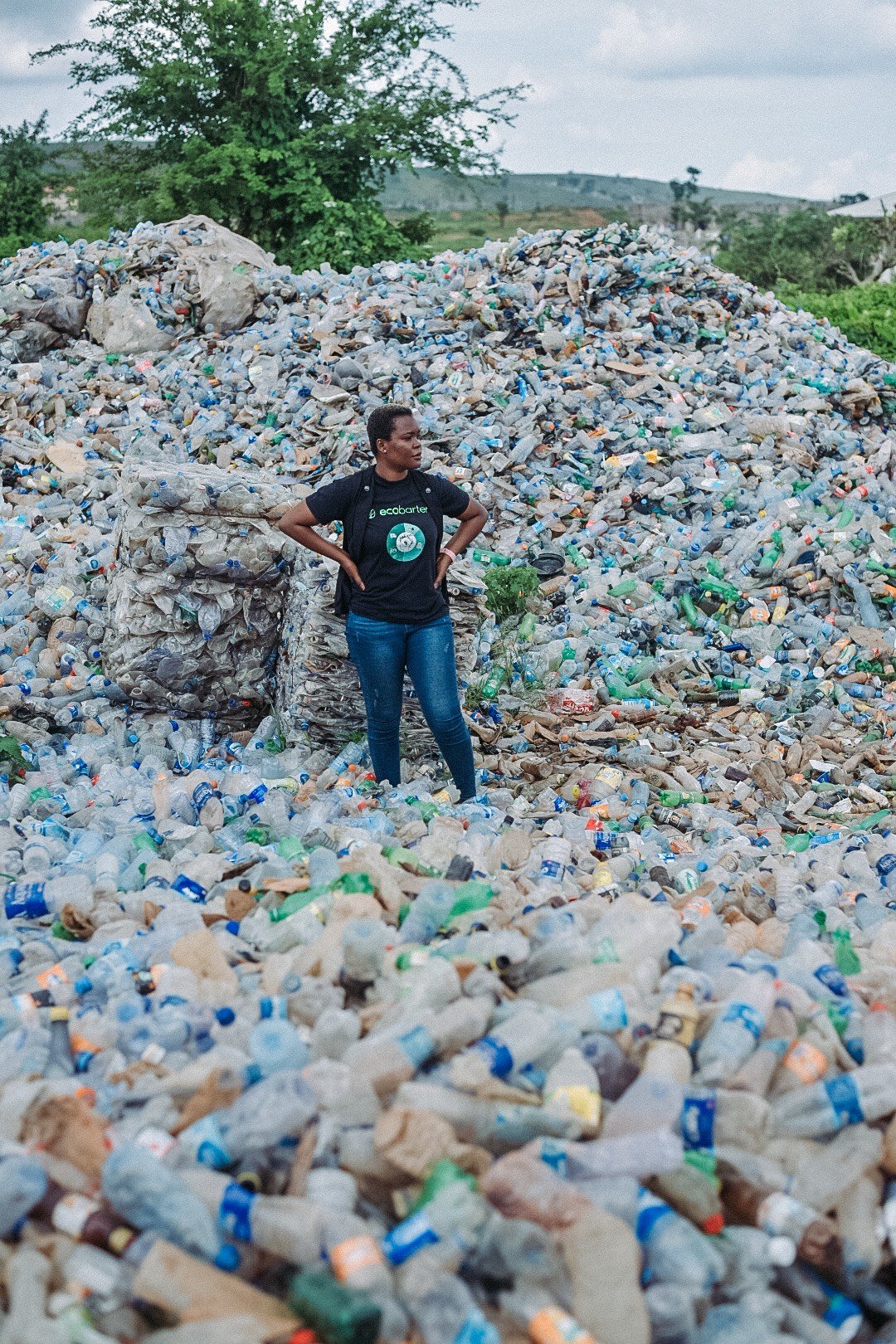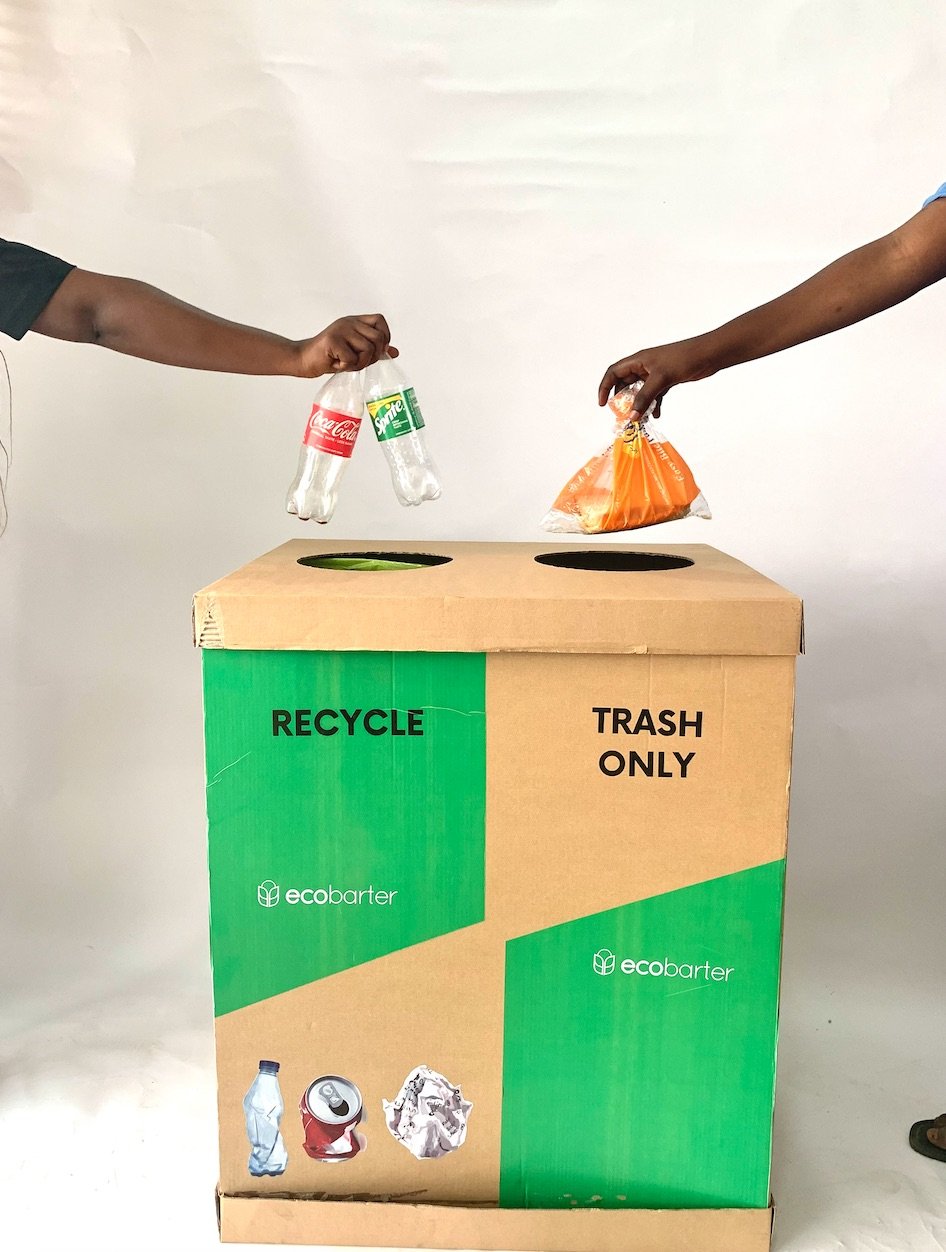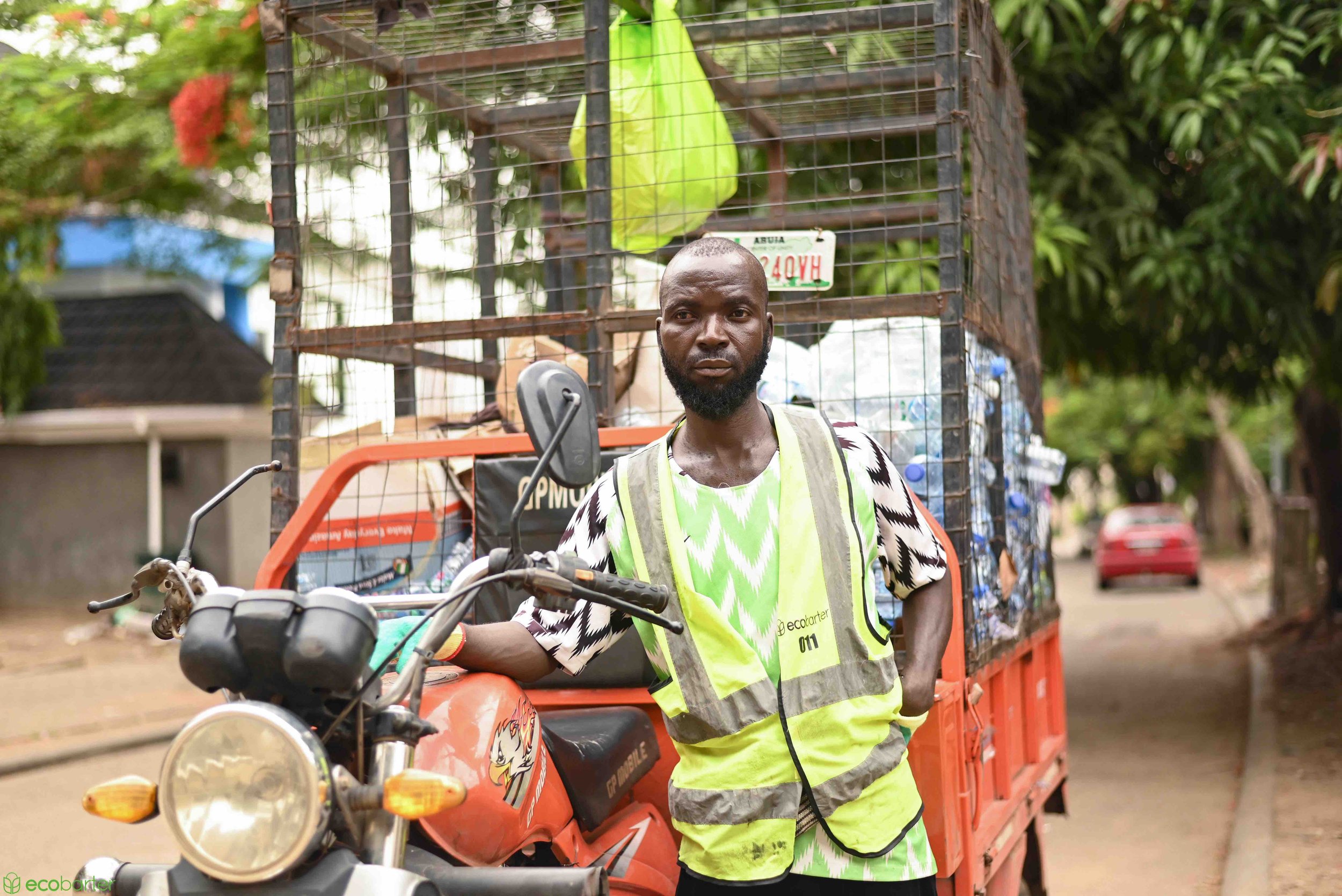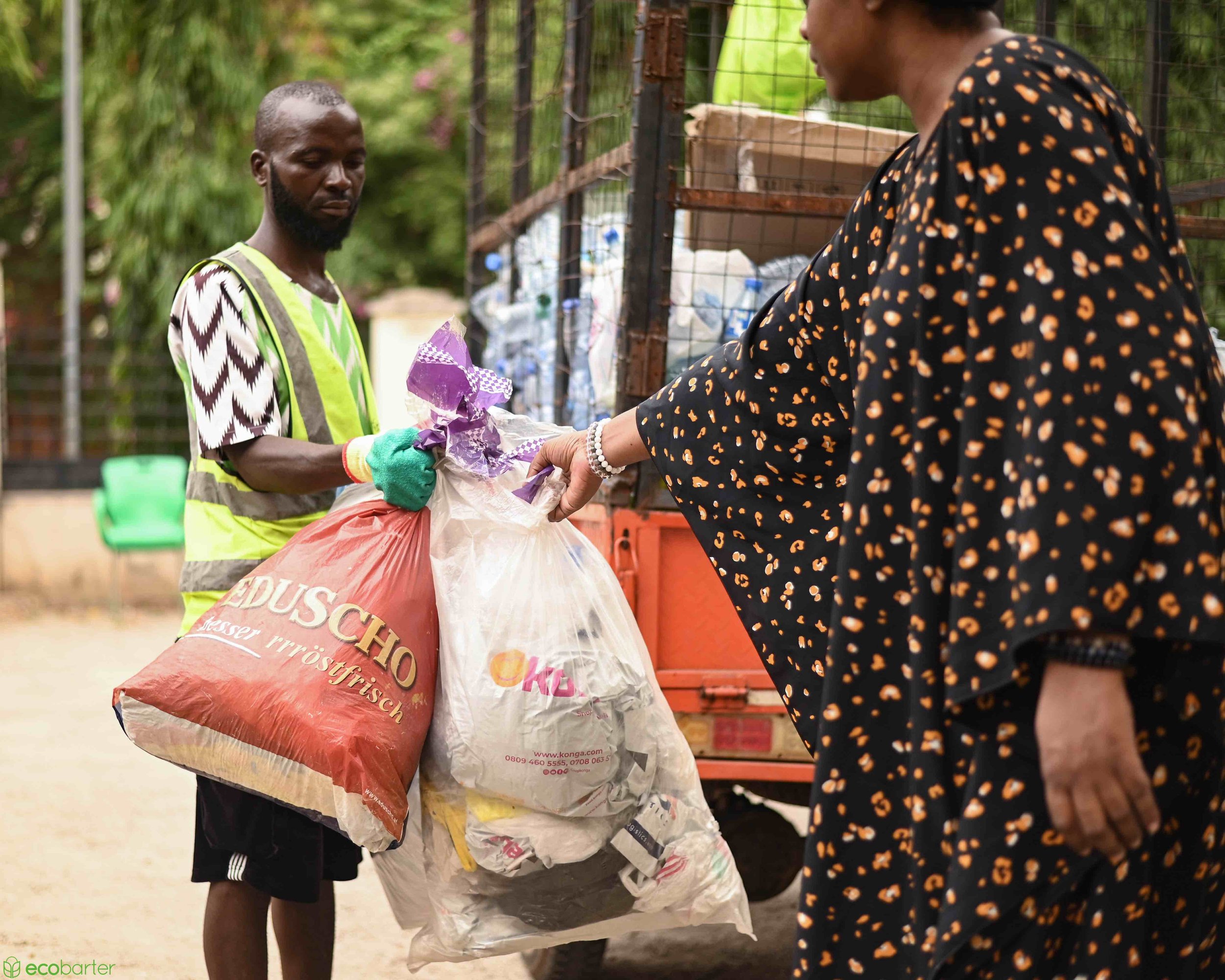Startup Story
Rita Idehai is a geoscientist and social entrepreneur who works at the nexus of responsible consumption, social inclusion, and circular economy. She is the founder and CEO of Ecobarter, a social enterprise started in 2018 making it possible for Nigerian households to live waste-free. Through her organization, Rita is also helping poor women and informal last-mile waste pickers capture more value and build back their lives leveraging otherwise wastes.
LoA spoke to the impact driven Rita Idehai about her entrepreneurial journey and her ambitions for the future.
What does your company do?
Ecobarter operates a technology-enabled omnichannel platform for households to value and use their wastes as a currency, invariably keeping the wastes away from the environment but in the economy. Via our platform (web/mobile application and offline community centres), households across Nigerian cities are able to request doorstep pickup for their wastes. We then fulfill these pickups and accord points per kilogram to users. These points are redeemed either as cash directly into bank accounts, used to shop featured products/services on our marketplace, or donate to support partner social services.
“Ecobarter's solution is unique and special as we leverage technological platforms to make impact, making our solution traceable and scalable, while proactively solving Nigeria's waste problems.”
What inspired you to start your company?
As a geoscientist, between 2016-2018 I went on several mineral exploration expeditions to remote villages in Northern Nigeria where the land was rich with solid minerals but inhabitants living in multi-dimensional poverty. With this realization, I pushed for my employer to take corporate social responsibilities or make social investments but was declined. This pushed me to want to be and lead the change I wanted to see, and this is what motivated me to transition into social entrepreneurship in 2018.
Why should anyone use your service or product?
Ecobarter's solution is unique and special as we leverage technological platforms to make impact, making our solution traceable and scalable, while proactively solving Nigeria's waste problems.
“I want to be and lead the change I wanted to see, and this is what motivated me to transition into social entrepreneurship in 2018.”
Tell us a little about your team:
Our team comprises of 22 young, driven, and passionate people bringing diverse skills in communications, user experience, data, and operations management to help thousands of households across 3 Nigerian cities use their wastes as a currency: from administrative, to strategy development and managing users. we have diverse skills which harmonizes to bring about the development of the company.
Share a little about your entrepreneurial journey. And do you come from an entrepreneurial background?
After 3 years of enabling households use their wastes as a currency, we finally launched a proper Mobile Application in November 2022, moving from WhatsApp and manual processes. To ensure our solution remains inclusive, we opened community drop-off hubs with managers. This failed as we learnt people placed a premium on convenience even if they were engaging for socio-environmental good. To manage, we handed over the hubs to onboarded affiliate last-mile collectors in somewhat franchise model, improving ROI. Also, we are one of the only companies building a sustainable last-mile recovery infrastructure as we provide reliable, scheduled doorstep collection services. I didn't have an entrepreneurial background, but I was passionate about making impact and hence the launch of Ecobarter.
What are your future plans and aspirations for your company?
My future plans for Ecobarter and to also scale our solution in the process would be to add other channels for people to get value for their wastes, as we are currently exploring reverse vending machines in semi-public spaces. Also looking to digitize our fast-track literacy program to democratize and automate the capacity building and integration of thousands informal waste pickers across Nigerian cities.
“Launching Ecobarter with no capital, no tech skills, and only the passion to make impact is proof that your dreams are valid, and you can be anything and everything you dream of if you put your heart and mind to it.”
What gives you the most satisfaction being an entrepreneur?
The most satisfaction for me would be the impact stories coming since the launch of Ecobarter. From the inclusion of low skilled young person’s building their skills, to internally displaced women and girls building their lives back, to last mile collectors being integrated on the Ecobarter platform and building green skills; all leveraging otherwise wastes and diverting them from the environment. All these impact stories gives me utmost satisfaction.
What's the biggest piece of advice you can give to other women looking to start-up?
Launching Ecobarter with no capital, no tech skills, and only the passion to make impact is proof that your dreams are valid, and you can be anything and everything you dream of if you put your heart and mind to it.
Find out more:
Email: info@ecobarter.africa
Website: http://ecobarter.africa
Facebook: https://www.facebook.com/ecobarter
Twitter: https://twitter.com/ecobarter
Instagram: https://www.instagram.com/ecobarter/
Why LoA loves it…
At Lionesses of Africa, we believe in the power of individual women entrepreneurs to be the change they want to see in their communities and countries, and for Rita Idehai, that change was in solving Nigeria’s waste problems. By seeing a problem as an opportunity to make a positive impact to the environment and particularly in people’s lives, Rita is definitely taking up her role as an impact maker. — Melanie Hawken, founder & ceo, Lionesses of Africa


